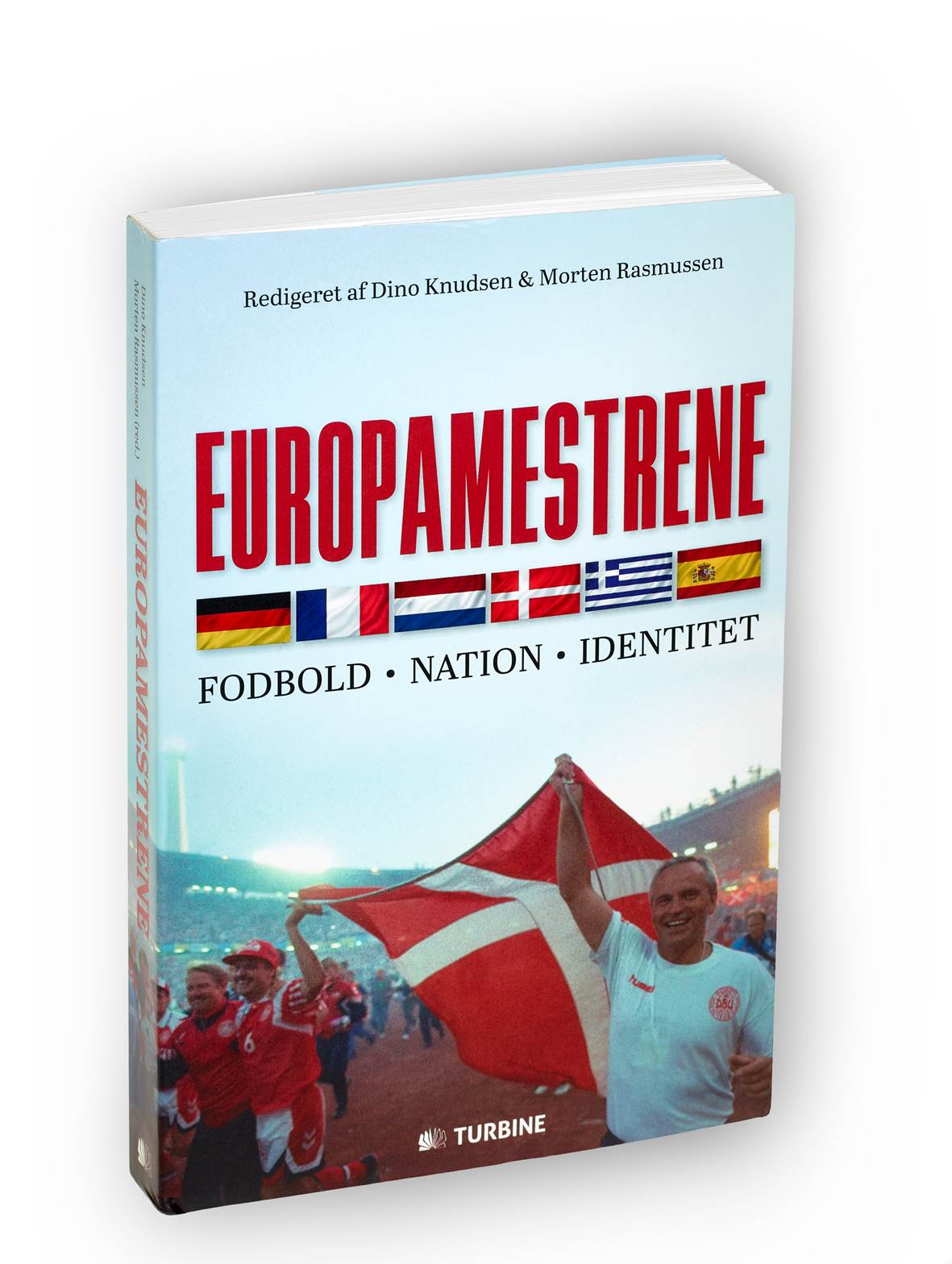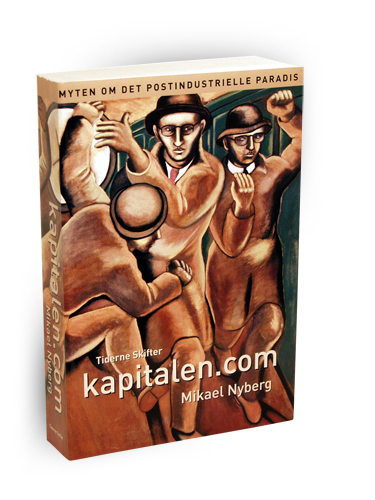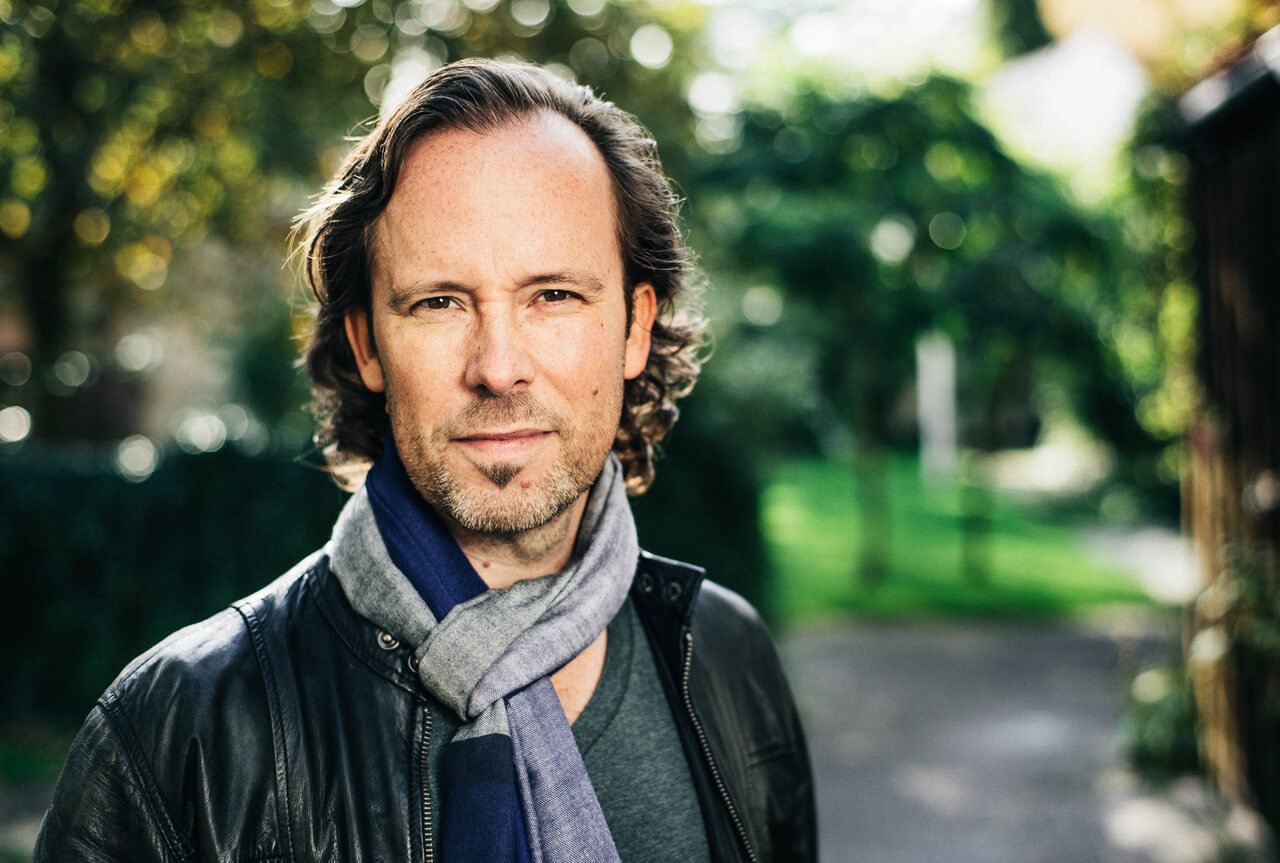Books
Winner of the Cambridge University Press and Transatlantic Studies Association's Prize for Best Book in 2016!!
In 1973, David Rockefeller and Zbigniew Brzezinski formed the Trilateral Commission, an elite network consisting of influential people in politics, finance and business from North America, Western Europe and Japan. My research monography is based on extensive research in archives of the Commission, its benefactors (including the Ford Foundation and the Rockefeller Brothers Fund) and collaborators (which included the US government, the World Bank and the International Monetary Fund). The book argues that governance and diplomacy takes place in overlapping elite networks that fuses formal and informal spheres across national borders. The book can be purchased in both a hardback and paperback edition.

The Trilateral Commission and Global Governance. Informal Elite Diplomacy, 1972-1982. New York: Routledge, 2016.
The European Champions [in Danish]
The European Champions depicts the national teams that have won the European Championship in football since 1980: the teams’ road to victory, their stars, style and crucial matches. The book provides a wealth of football history and thoughts on the contemporary development of the game, but at the same time each triumphant team is discussed in relation to the country’s national identity. Perhaps the European Championship constitutes the largest therapeutic arena for the pan-European healing of the traumas from the Second World War.

The European Champions. Football - Nation - Identity. Copenhagen: Turbine, 2016.
The Americanization of the Danish Trade Union Movement [in Danish]
Why was the Danish labor movement seen as a key factor in the American Marshall aid to Denmark? How did this aid program influence the trade union movement? What implications did it have on the development of Danish society? In recent years, the Eastern threat and influence during the Cold War has been the focus in public debates in Denmark about the Cold War. However, the Marshall Aid-program and participation in NATO assisted the integration of Denmark into the Western block, constituting the principal foreign impact shaping of postwar Danish society, untill the joining in the European Union in 1973. The book focuses on the labor diplomacy in this process, rather than traditional state diplomacy. The book mixes political history with an analysis of cultural encounters and concludes by reconceptualizing the idea of Americanization. English summary included.

The Americanization of the Danish Trade Union Movement. Marshall Aid, Cold War and Transatlantic Connections, 1945-1956. Copenhagen: Museum Tusculanum Press, 2012.
Eyewitness to the Occupation [in Danish]
This book is a collection of 220 eyewitness accounts from 1940-1945, which is considered the “five evil years” of German occupation of Denmark. These stories are by Danes who experienced the occupation first hand: resistance fighters, politicians, policemen, Nazis, Jews, volunteers on the German Eastern Front – men and women, young and old, high and low social status, known and unknown figures. Eyewitness to the Occupation is a straightforward historic account that provides a broad, but varied picture of events and personal experiences from an epoch-making period. The book is a mosaic of stories that can be read either in parts or chronologically as one collective narrative about that period.

Eyewitness to the Occupation. Danish Accounts of War and Everyday Life 1940-1945. Copenhagen: Haase & Søn, 2011.
From Pilestræde to Avedøre Holme [in Danish]
This book describes how a group of unskilled workers moved from being at the bottom of the hierarchy in one of Denmark’s leading media enterprises to a formidable force that could not be ignored by the bosses at the very top. This is a story about unity and empowerment, but it is also a story about the many contradictions and difficulties of union work, including how vulnerable unskilled workers are in the present Danish society.

From Pilestræde to Avedøre Holme. The History of the Packer Workers in the Berlingske House, 1930-2008. Copenhagen: Own print, 2010.
capital.com [in Danish]
In 2006 I tranlated Mikael Nyberg's kapitalen.se from Swedish to Danish. The book offers an alternative analysis of the impact of globalization on the Scandinavian societies. What we are currently witnessing is not a phasing-out of the industrial society, but a process of forced capitalist industrialization. The assembly lines run faster than ever and are an integral part of the economy. Simultaneously, a mental shift has taken place from the post-war emphasis on rationality, social engineering and welfare society to an idolization of the market and a fashionable irrationality.

Mikael Nyberg. Capital.com. The Myth of the Post-Industrial Paradise. Copenhagen: Tiderne Skifter Press, 2005.




